Basdev v. State of Pepsu (1956)
Section 86 IPC — intoxication and the line between murder and culpable homicide in easy classroom English.

Quick Summary
Case Title: Basdev v. The State of Pepsu, 1956 AIR 488
Main Point: Under Section 86 IPC, a drunk person is treated as having the same knowledge as a sober person. But the intention must be judged from the whole situation and the level of intoxication.
Outcome: The Supreme Court did not reduce the offence to Section 304. The conviction and sentence for murder stood.
Issues
- Should the appellant be convicted under Section 302 or under Section 304 in light of Section 86 IPC (intoxication)?
Rules
Courts attribute to a drunk accused the same knowledge as if he were sober. For intention, courts read the surrounding facts and the degree of drunkenness to decide what he meant to do.
Facts — Timeline

Arguments
Appellant
- Heavy intoxication affected intention; offence should fall under Section 304.
- No motive or premeditation; trigger was a seat dispute at a wedding.
- Benefit of doubt on whether he formed the mens rea for murder.
Respondent (State)
- Under Section 86, knowledge is treated as if sober; shooting a vital part implies intention.
- The act was aimed and deadly; level of drunkenness did not negate murder intent.
- Conviction under Section 302 should stand.
Judgment

The Supreme Court dismissed the appeal. The Court declined to reduce the offence to Section 304. It held that Section 86 attributes sober knowledge to the drunk accused, and on these facts, the shooting showed the required mental element for murder.
Ratio Decidendi
- Knowledge is fixed: treat as if the accused were sober (Section 86).
- Intention is read from the totality of facts and degree of intoxication.
- A deliberate shot to a vital area supports murder despite intoxication.
Why It Matters
This decision draws a clear line for drunkenness cases: knowledge is presumed; intention must be tested against conduct. It stops an easy slide from 302 to 304 just because alcohol is involved.
Key Takeaways
- Section 86: Knowledge as if sober.
- Context counts: Intention from full facts.
- Weapon use: Vital shot points to murder.
- No automatic downgrade: Drunkenness ≠ 304.
- Exam tip: Split knowledge and intention arguments.
- Policy: Discourages alcohol-based excuses.
Mnemonic & 3-Step Hook
Mnemonic — “K-I-N”: Knowledge as sober → Intention from context → No automatic fall to 304.
- Fix Knowledge: Assume sober knowledge.
- Probe Intention: Check act, aim, and impact.
- Test Downgrade: Only if intention truly falls short.
IRAC Outline
Issue
Should liability be under 302 or 304 considering Section 86?
Rule
Knowledge = as if sober; intention = inferred from circumstances and level of intoxication.
Application
Aimed shot at a vital part during a quarrel at a wedding supports the presence of the necessary mental element.
Conclusion
302 sustained; no reduction to 304.
Glossary
- Section 86 IPC
- Rule on intoxication: knowledge is treated as if the accused were sober; intention is judged from the circumstances.
- Section 302
- Punishment for murder.
- Section 304
- Punishment for culpable homicide not amounting to murder.
Student FAQs
Related Cases
Director of Public Prosecutions v. Beard
IntoxicationClassic authority on intent when drunk.
Jagriti Devi v. State of H.P.
Mens ReaDifferentiating intention and knowledge in homicide.
Share
Related Post
Tags
Archive
Popular & Recent Post






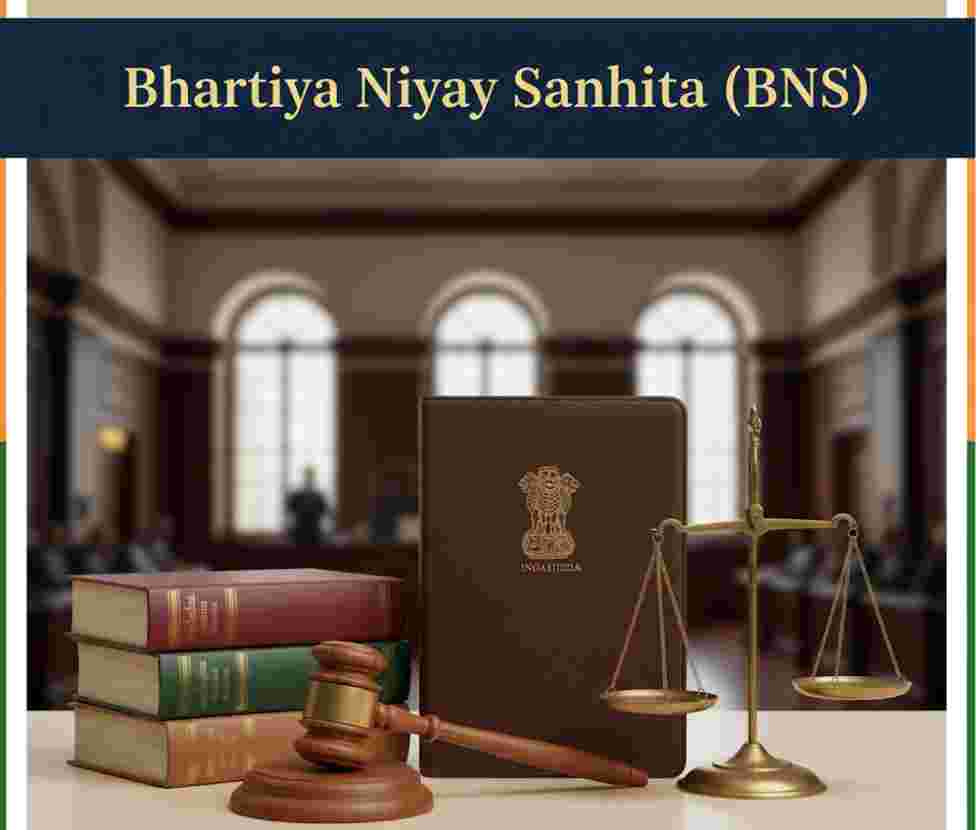
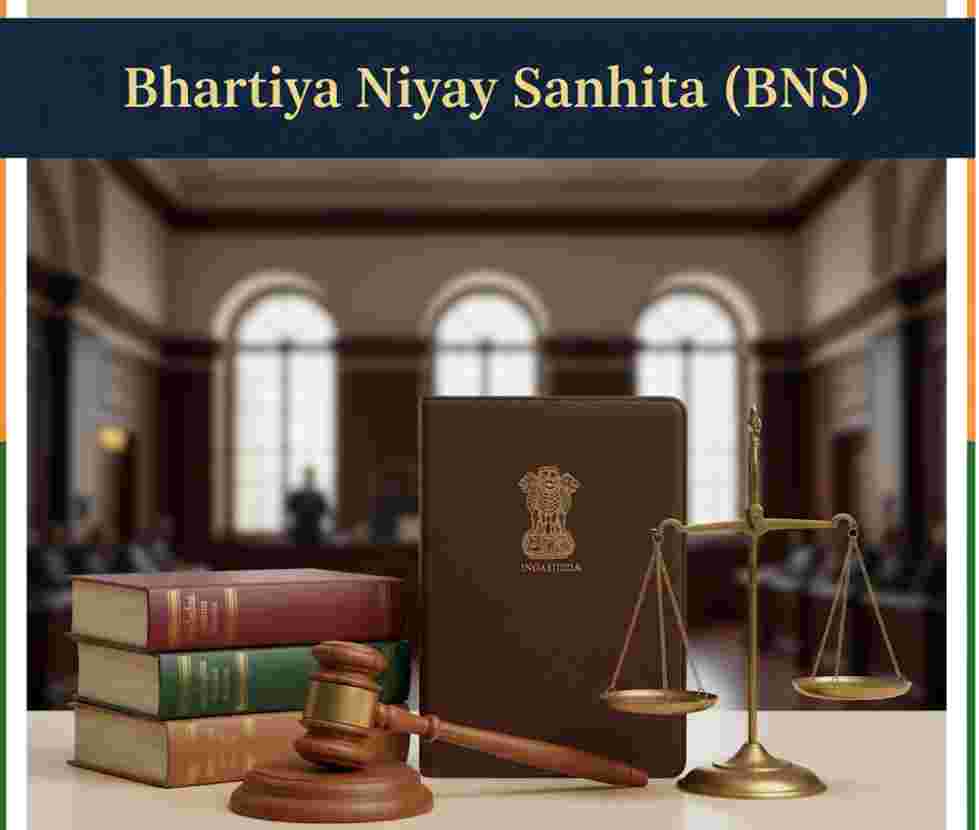
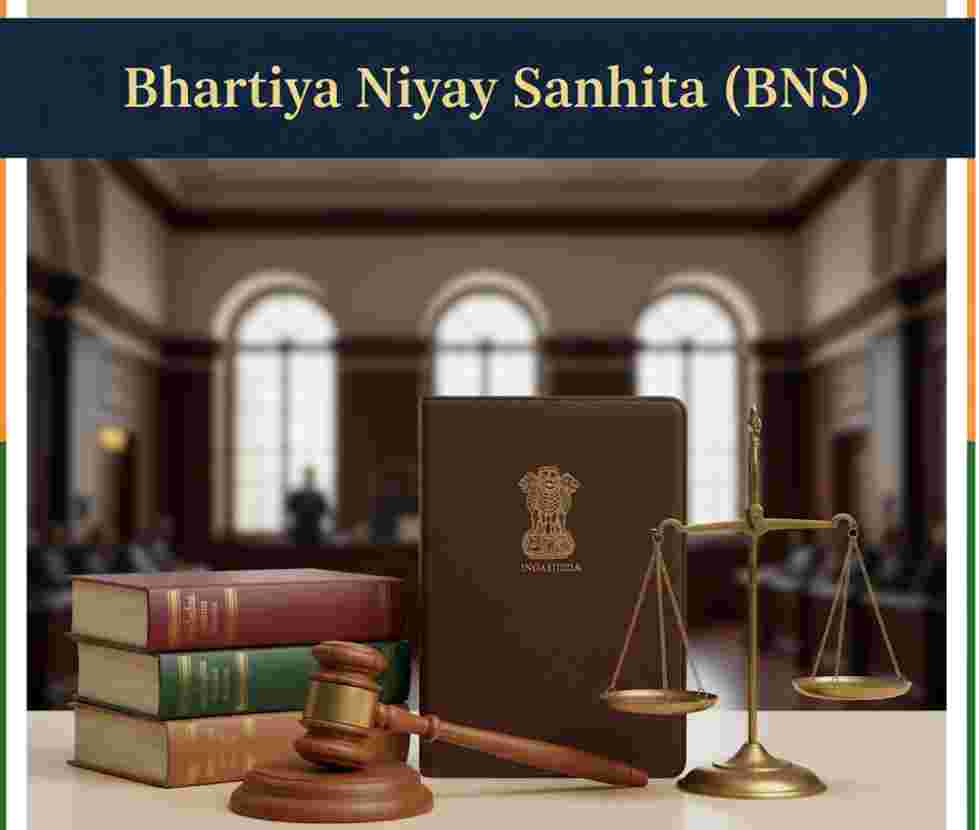
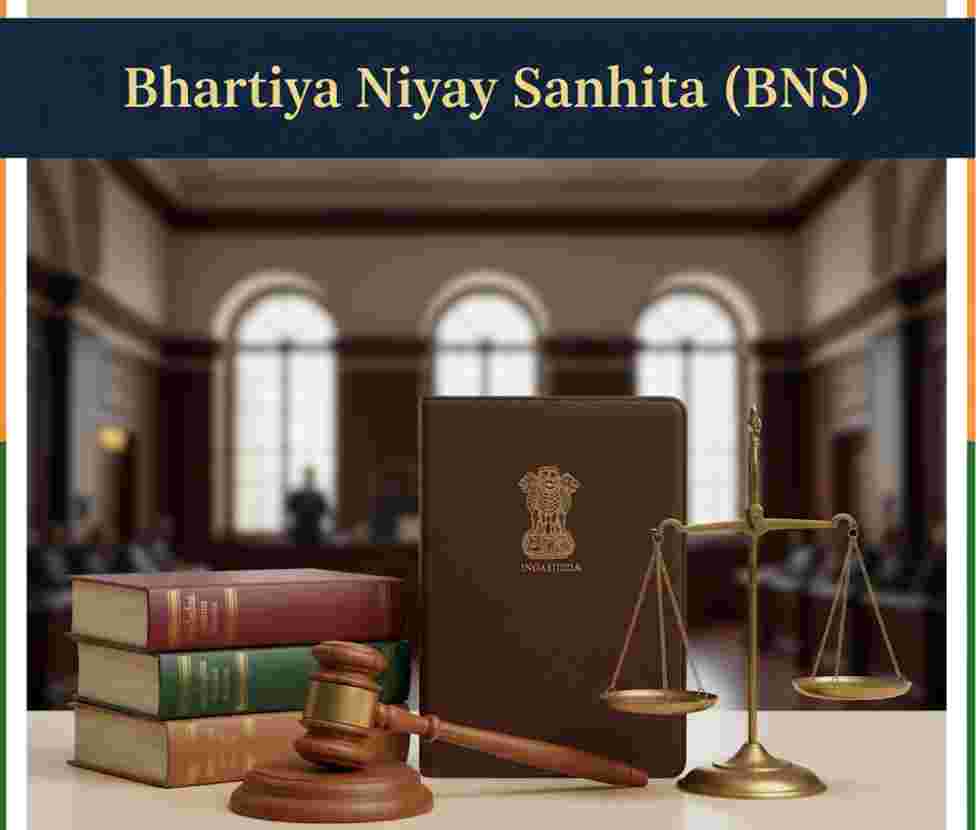
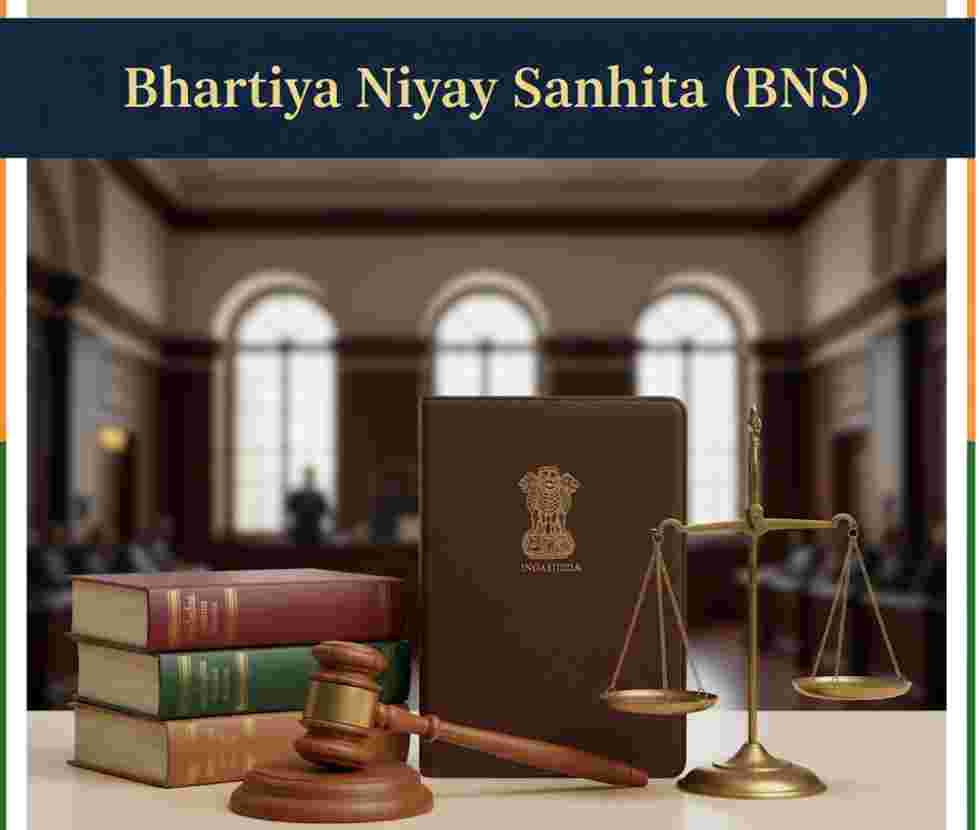
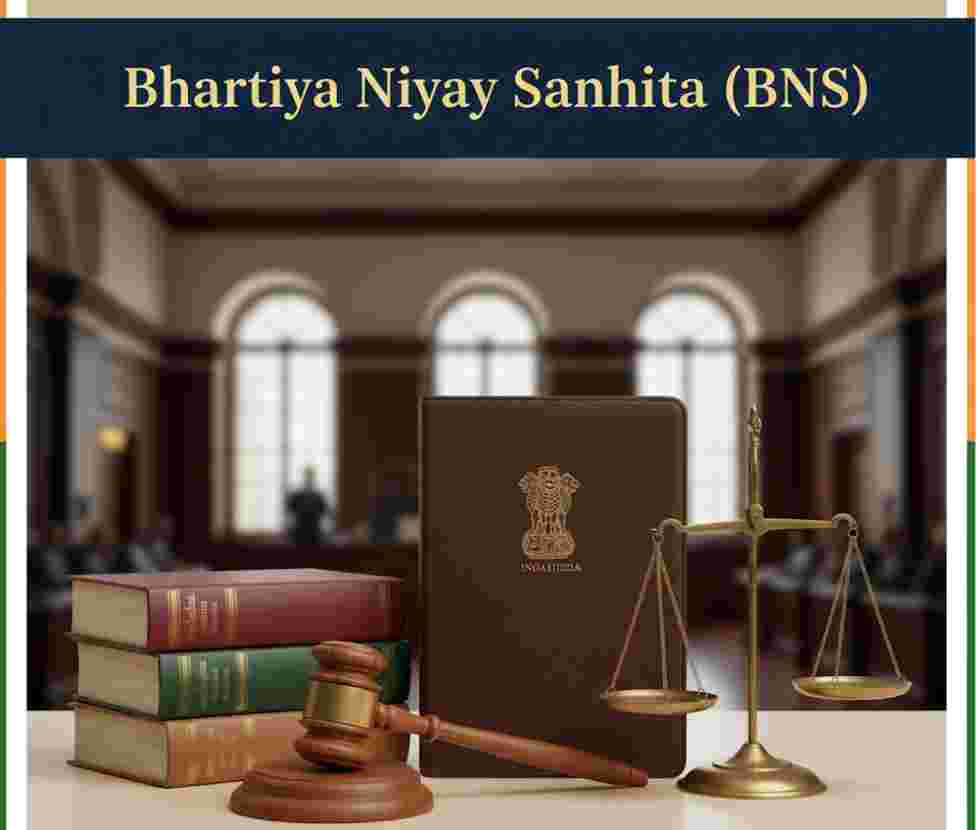
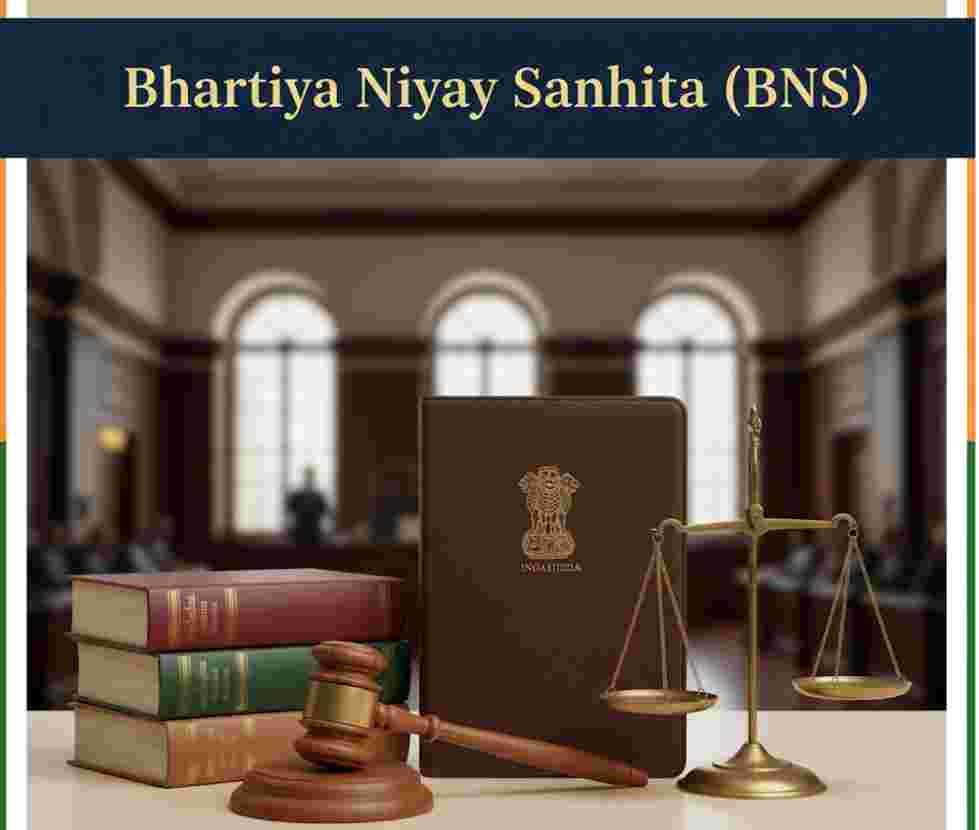
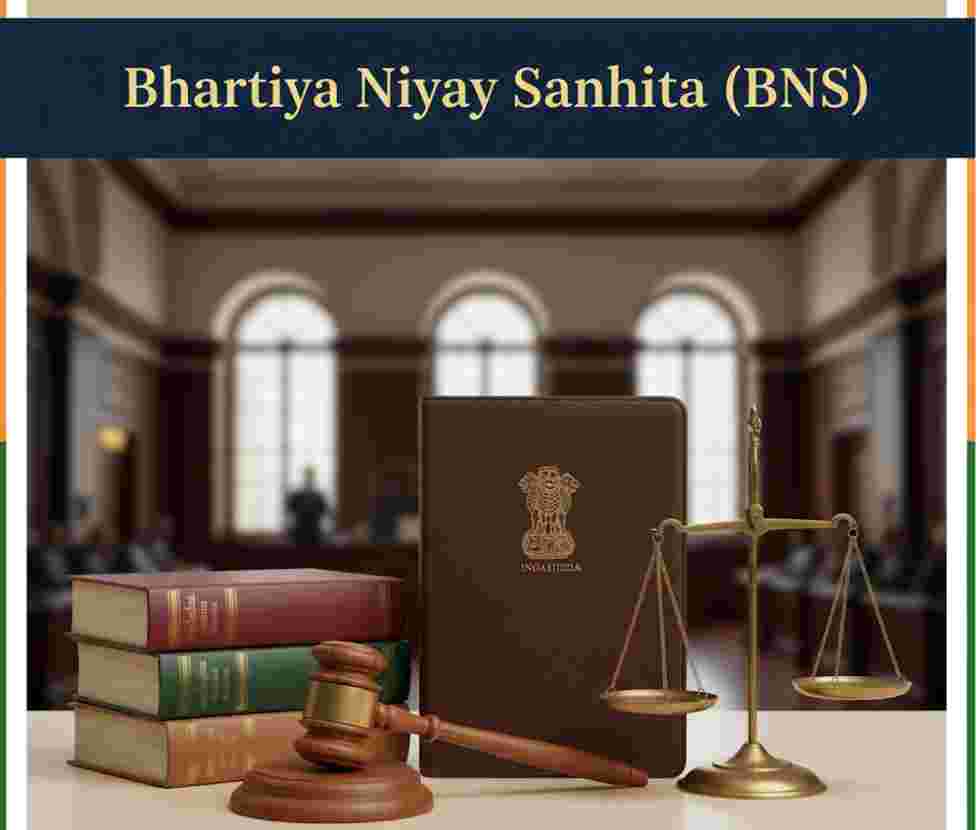
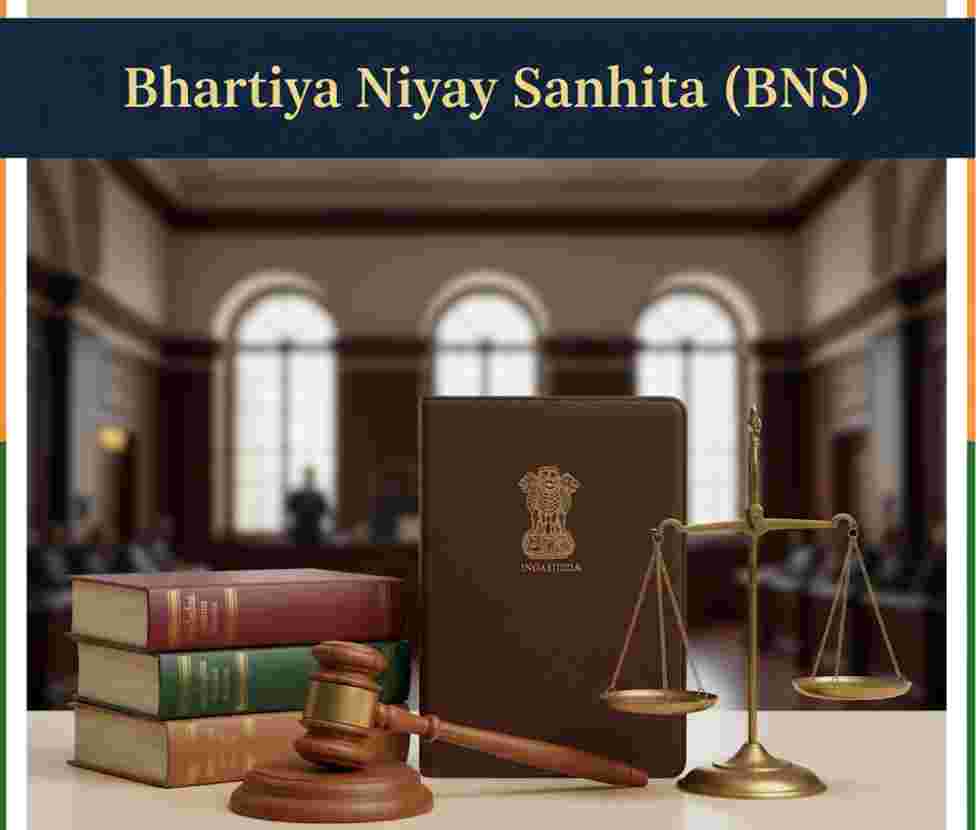
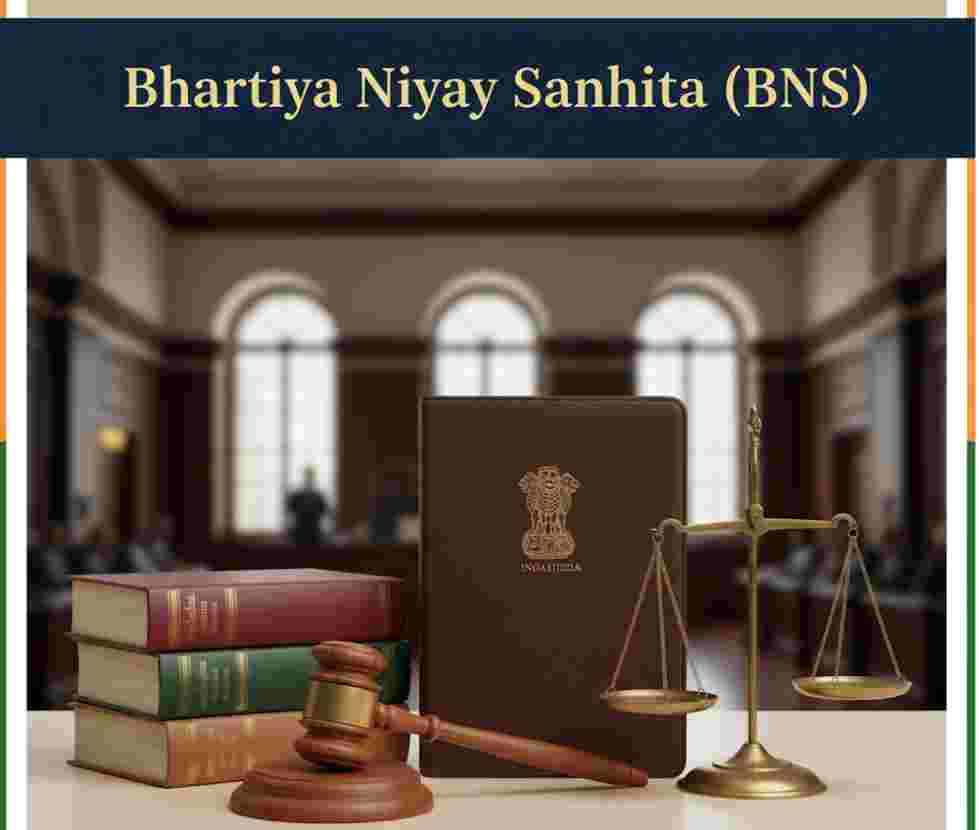
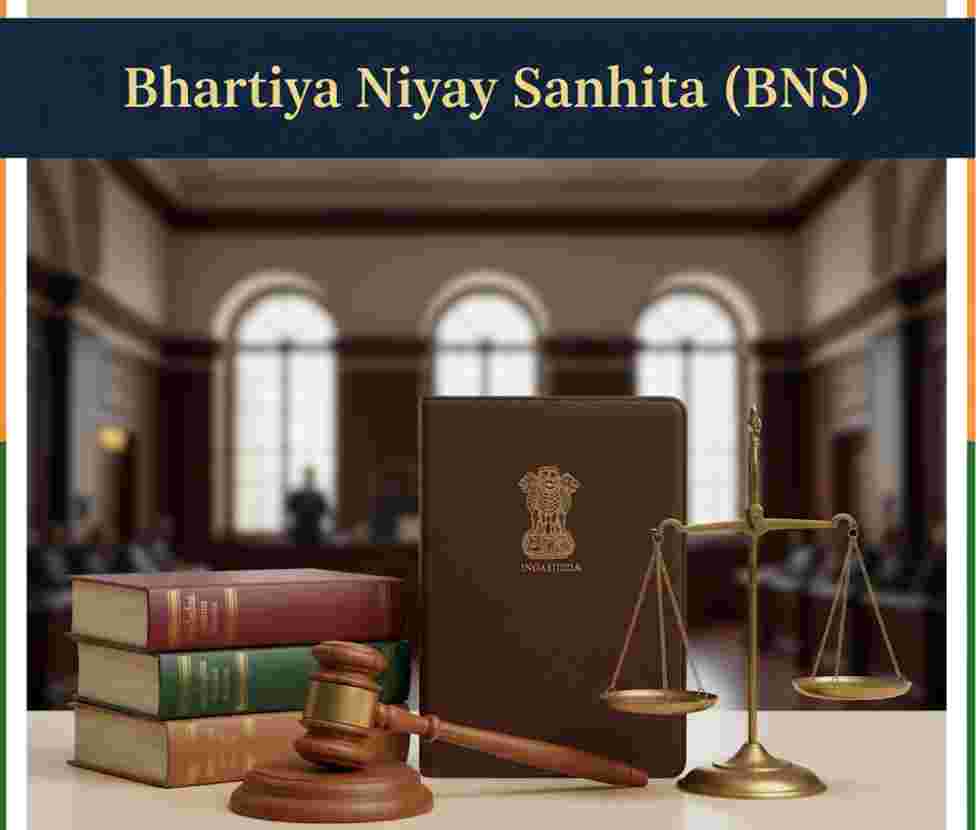
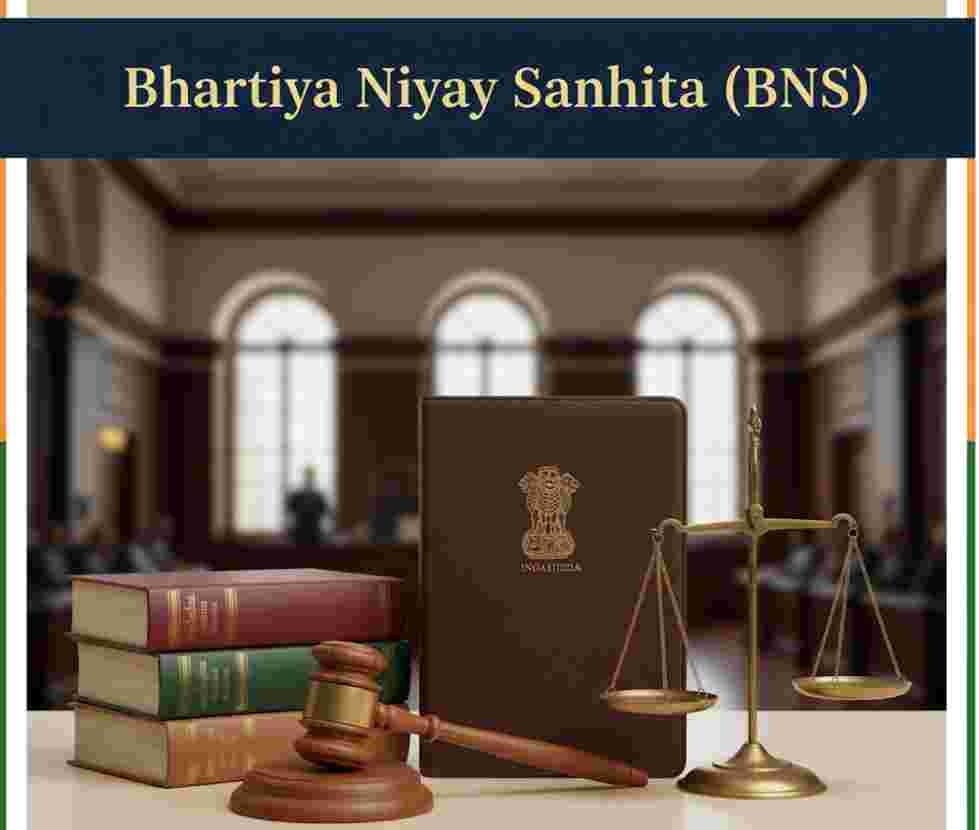
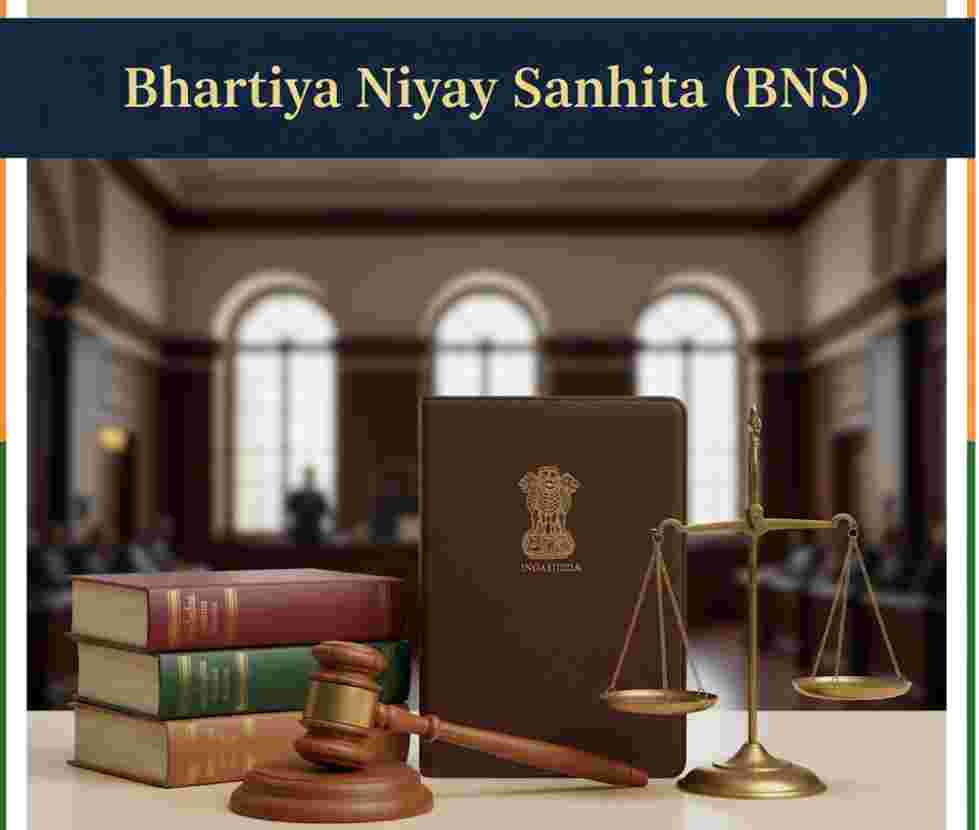
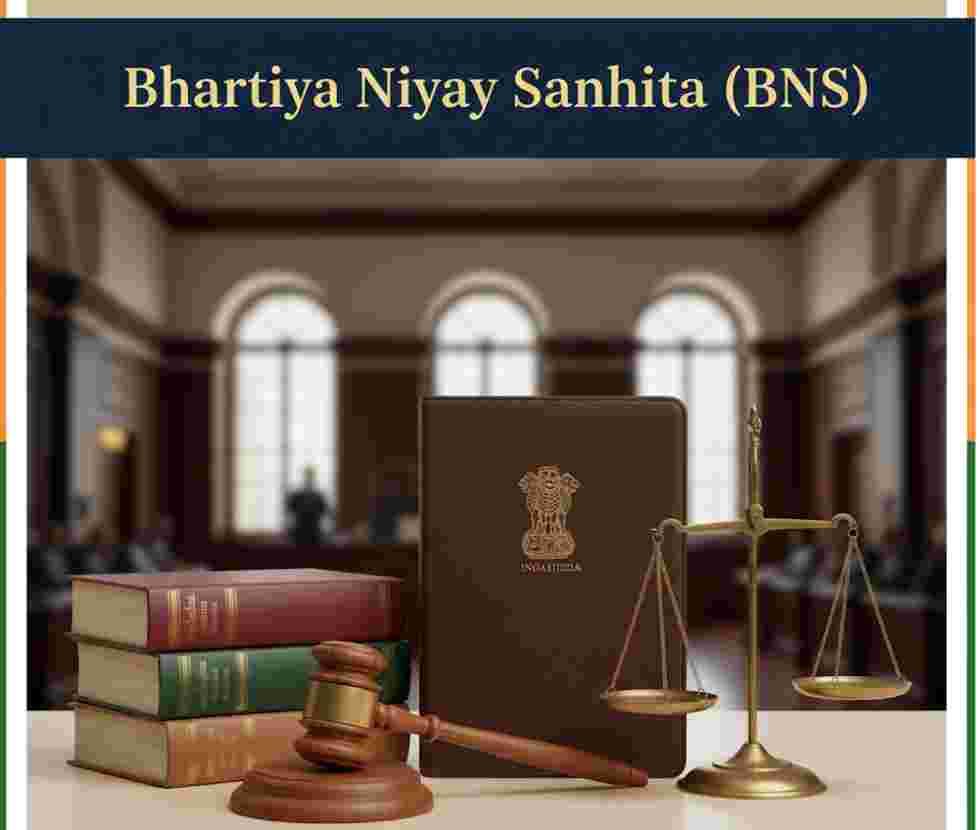
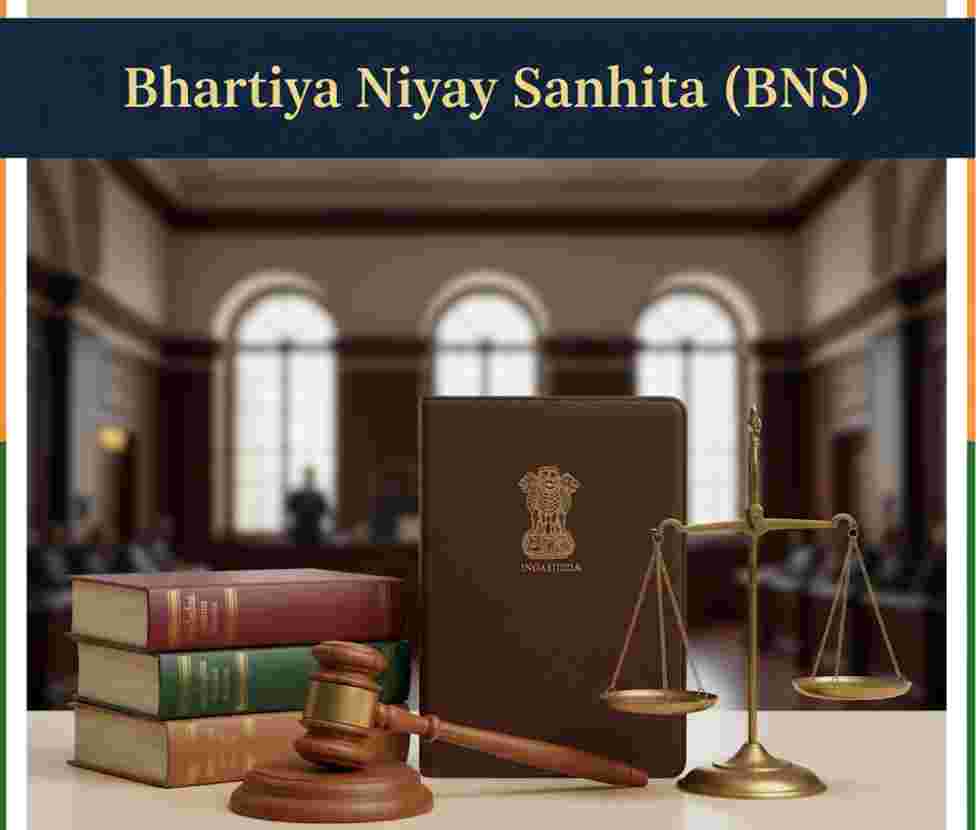
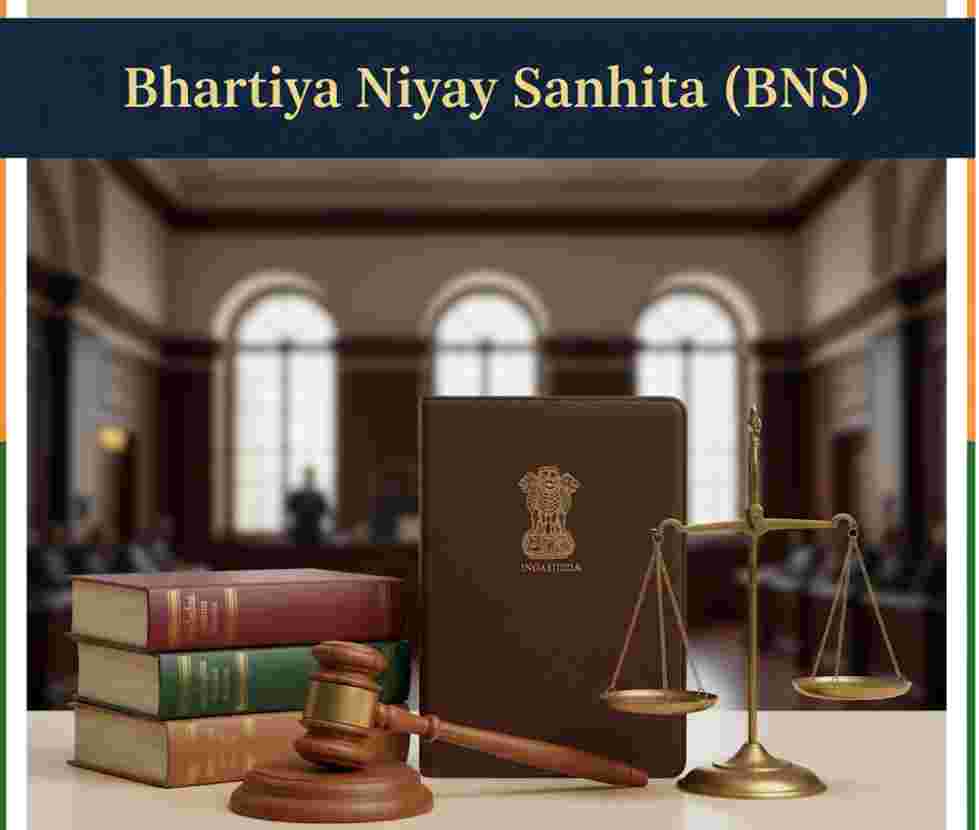
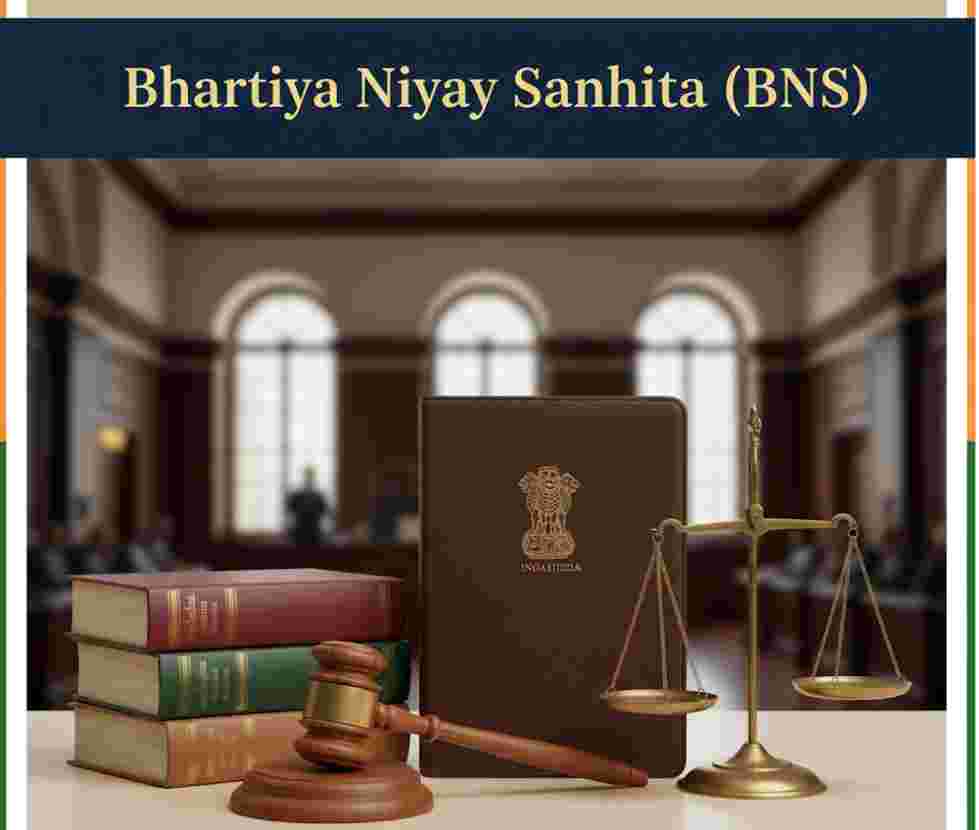
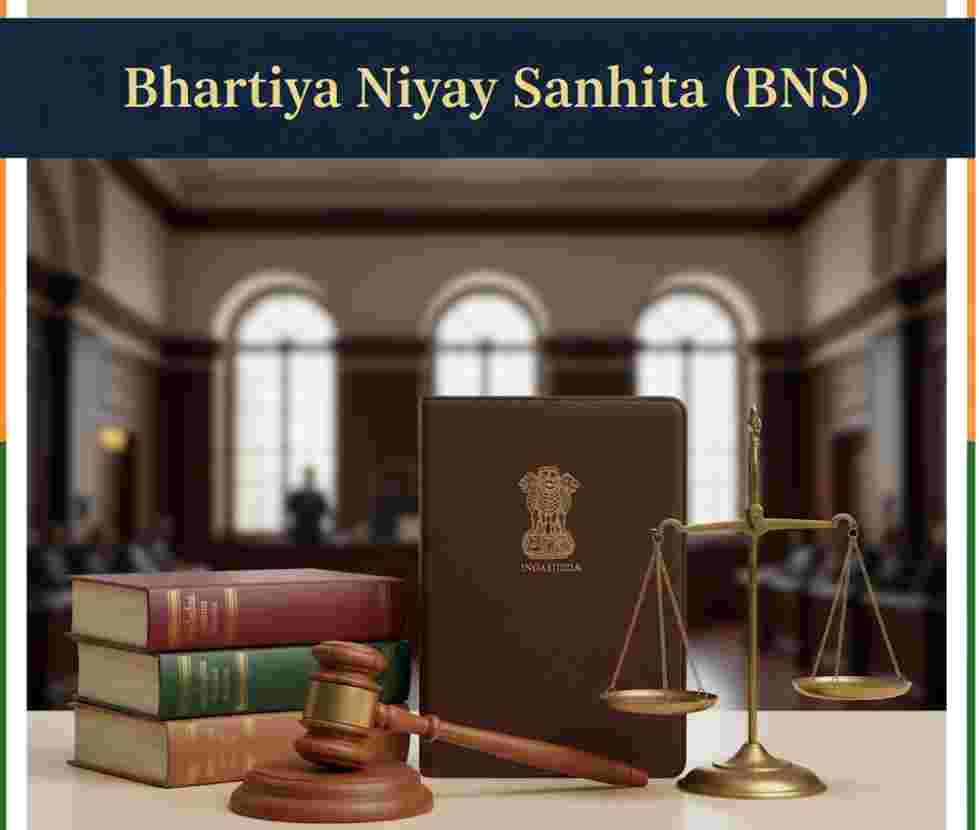
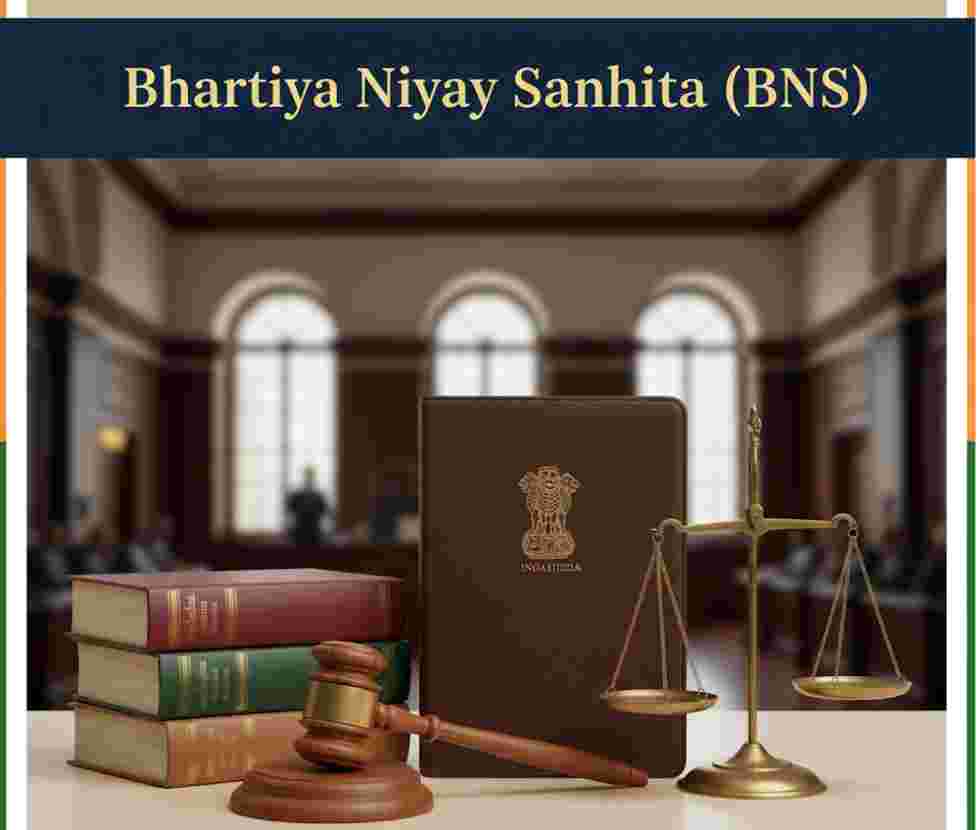
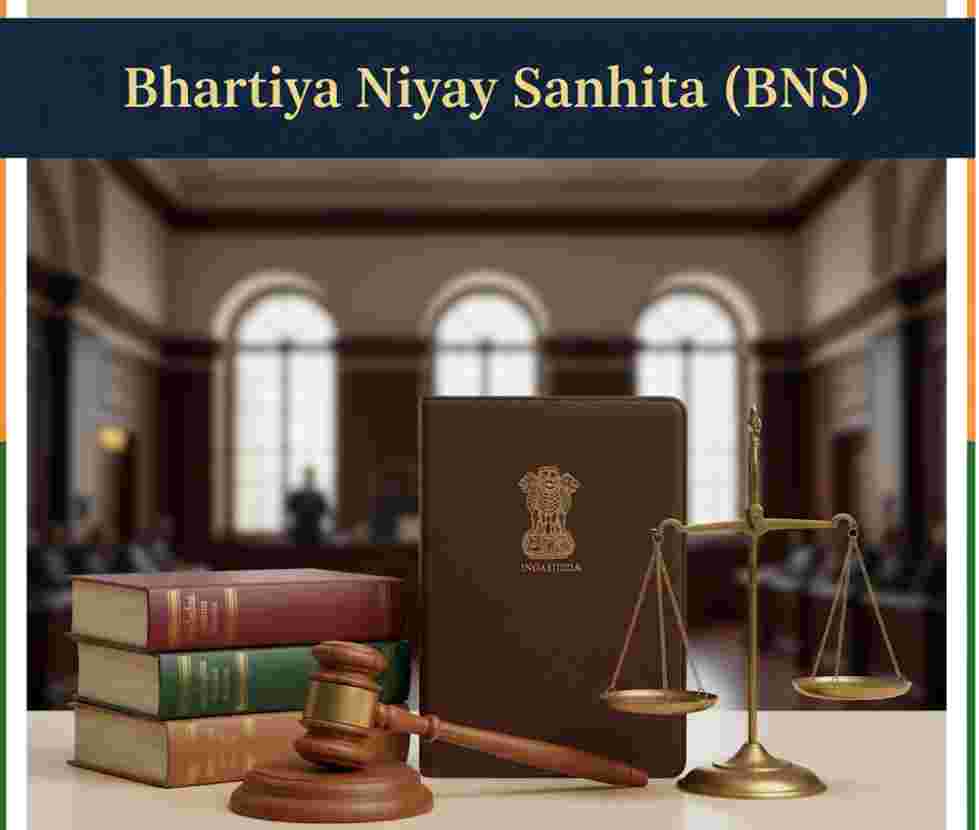
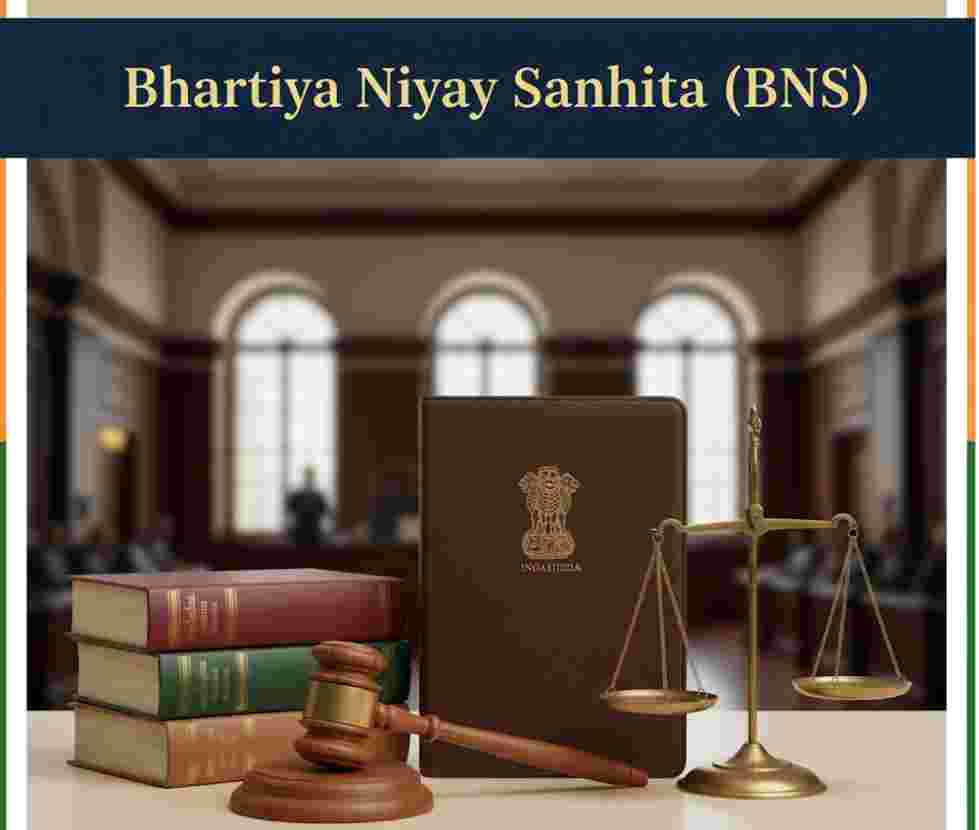
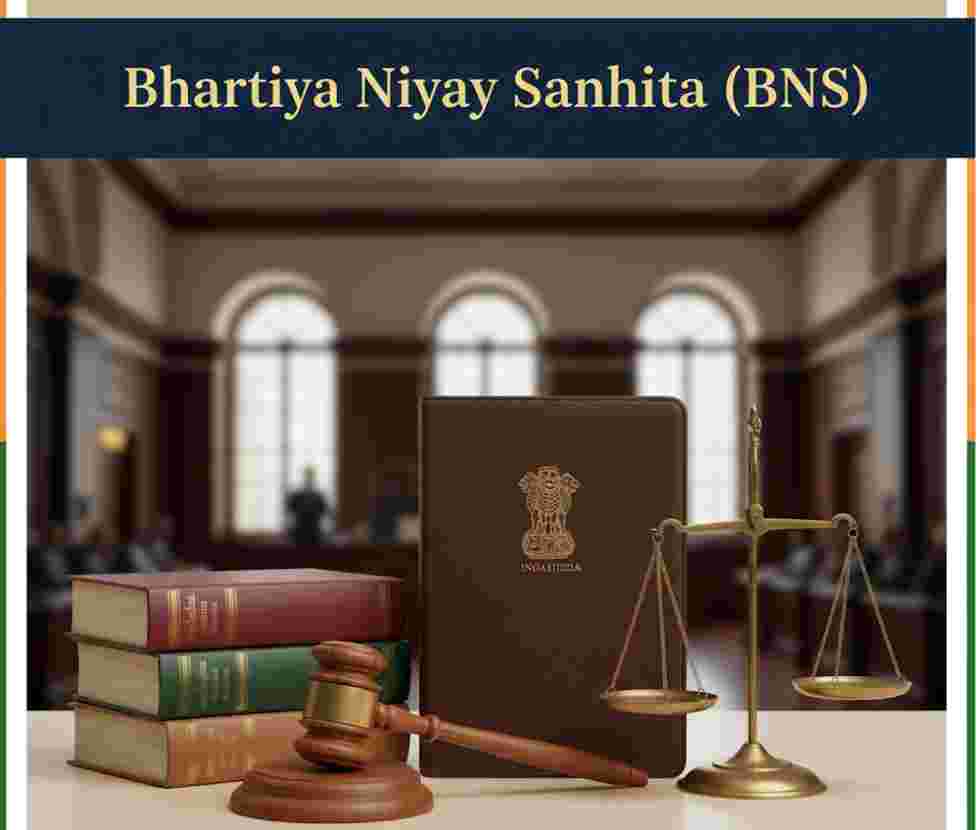
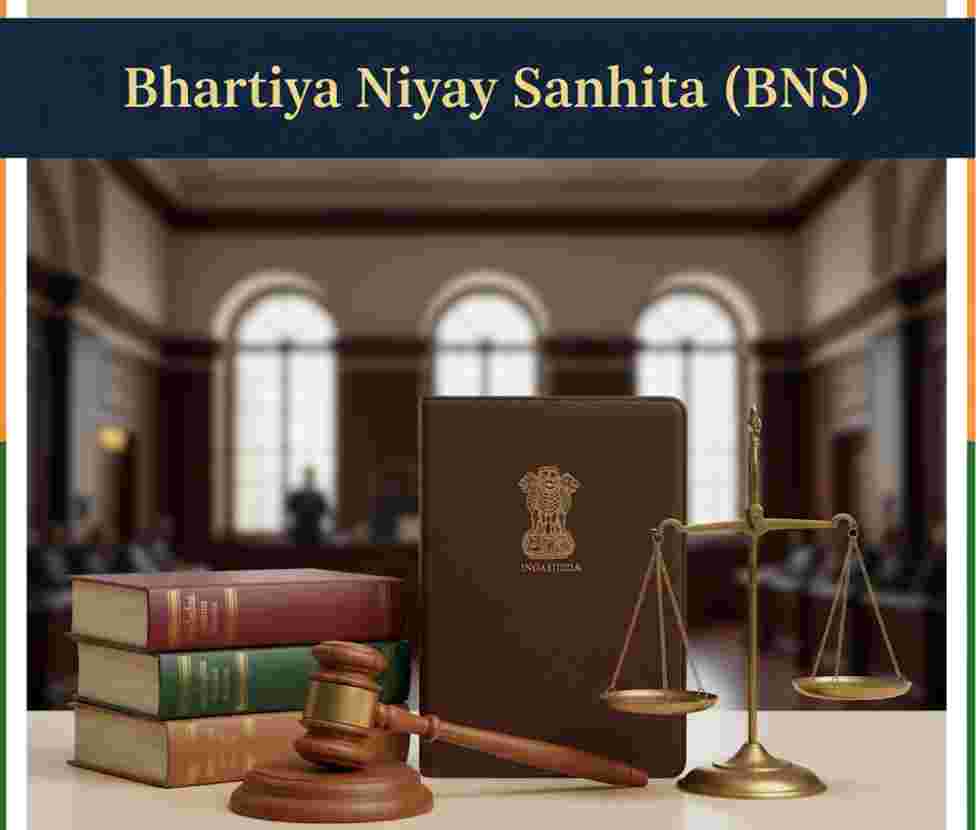


































































































Comment
Nothing for now